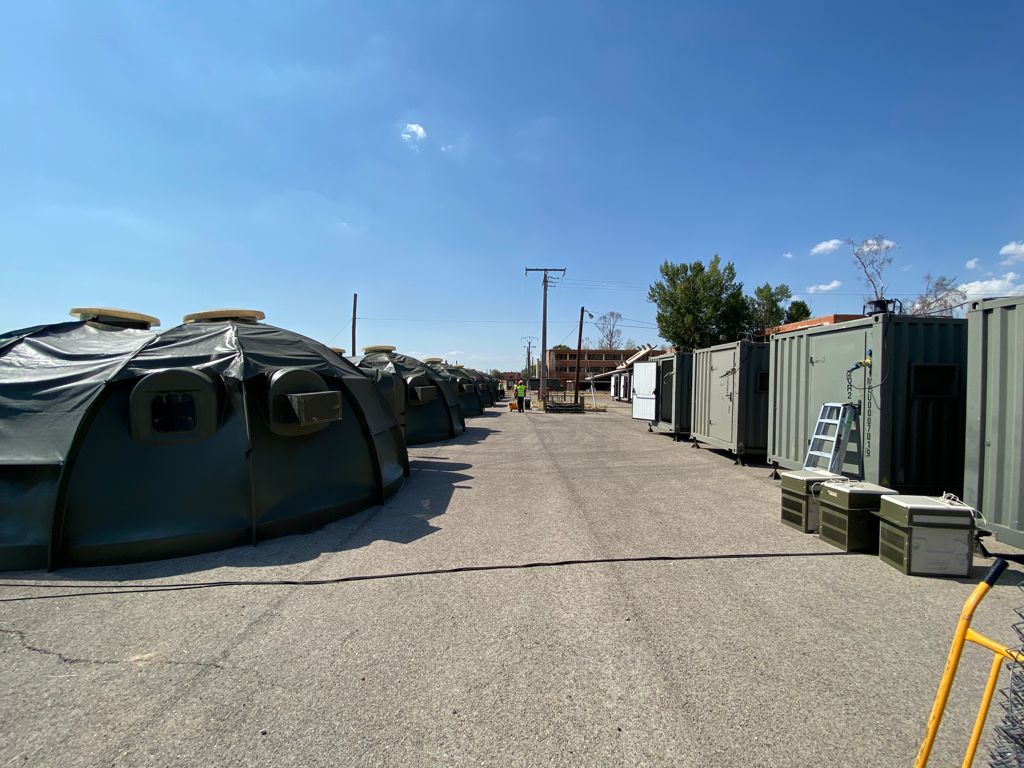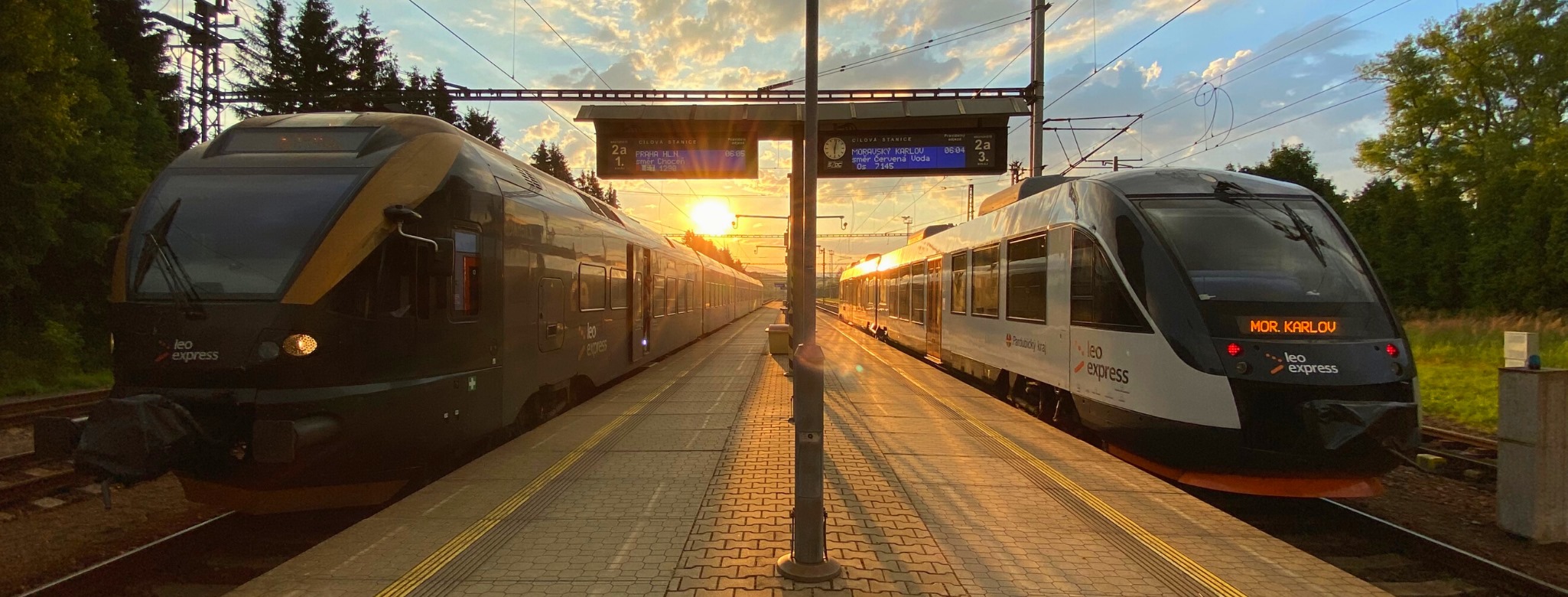The Diplomat
The Spanish government hopes to be able to evacuate some 800 Afghans from Afghanistan in upcoming flights, although this is an approximate figure, which may vary depending on the situation in the country, government spokesmen said yesterday.
Spain has set up facilities at the Torrejón de Ardoz air base to temporarily house the refugees arriving from Afghanistan. The 48 Afghans who, together with five Spaniards, arrived in the first of the A400M aircraft, which was able to enter Kabul airport, have been installed there.
Another 36 Afghans transported by an Italian plane to Spain are also in these facilities, by virtue of the offer made to the EU by the Spanish government to act as a ‘hub’ for the subsequent distribution of the refugees in other EU countries.
According to the Minister of Inclusion, Social Security and Migration, José Luis Escrivá, the idea is that, within a period of no more than 72 hours, they can be transferred to reception centres run by this department, which has 3,000 free places distributed throughout Spain.
Escrivá pointed out that they have tried to make their stay in Torrejón “as dignified and welcoming as possible in the present circumstances” and stressed that what is being done for them after they have worked “selflessly” for Spain is “commendable”.
The minister said that all those who arrived at Torrejón were given a COVID-19 test by Ministry of Health personnel and then the police proceeded to identify them. It was at this point, Escrivá said, that they had to declare their intention to ask for international protection.
The provisional transit facilities prepared have the capacity to accommodate up to 800 people, with separate areas for women and children. On the first flight, 32 minors arrived.
They also have a dining room for 200 people, toilets and showers, and a space for children to play, another for breastfeeding and feeding babies, and another for health and psychological care. All of them will be provided with food, drink, masks and feminine and infant hygiene utensils.
For his part, the Minister of Foreign Affairs, José Manuel Albares, who also went to meet the returnees on the flight, said that the first phase of the evacuation had been completed and that the remaining Spaniards in Afghanistan are those needed to continue the operation.
The ambassador, Gabriel Ferrán; the embassy’s “number two”, Paula Sánchez; and 17 Spanish police officers belonging to the GEO and the Police Intervention Unit (UIP), who are working on the task of creating ‘security corridors’ within the security ring of Kabul airport to bring to safety the Afghans and their families who have collaborated with the troops and Spanish cooperation, remain in Kabul.
“It remains for us to continue working to continue evacuating the Afghans who have collaborated with Spain in the shortest possible time, and to guarantee the safety of all of them, as well as those who have worked with the EU,” Albares stressed. The minister added that “Spain has provided all the necessary means” for this and will not let up in its efforts.
In fact, Albares reported yesterday, at the first meeting of the Working Group set up by the President of the Government, Pedro Sánchez, to coordinate the repatriation from Afghanistan, that the Foreign Ministry is studying “requests for help from civil society leaders and human rights defenders, with special attention to those relating to women and girls”, according to a statement distributed by Moncloa.
The meeting, which was held by videoconference, was attended, in addition to Sánchez and Albares, by the Minister of the Presidency, Félix Bolaños, who acts as coordinator of the group; the Minister of Defence, Margarita Robles; the Minister of the Interior, Fernando Grande-Marlaska; the Minister of Health, Carolina Darias, and the Minister of Inclusion, Social Security and Migration, José Luis Escrivá. The Second Vice-President of the Government and Minister of Labour and Social Economy, Yolanda Díaz, also attended the meeting.
Margarita Robles highlighted the work of the Armed Forces in guaranteeing the integrity and security of all personnel who may be and insisted that the Government’s commitment is to bring the entire Spanish contingent with guarantees.
Fernando Grande-Marlaska, head of the Interior Ministry, explained that, after the arrival of the refugees at Torrejón, a mobile unit of the Central Borders Unit of the General Commissariat for Aliens and Borders verified their identity and provided them with exceptional authorisation to enter the country.
The minister reported that most of them, Afghan nationals sponsored by other EU countries, declined to apply for international protection in Spain and will be transferred from Spain to their destination in the coming days. Twelve of them did apply for Spanish international protection, so their identities were referred to the Asylum and Refuge Office of the Ministry of the Interior, which will process and resolve these applications.
The General Commissariat for Aliens and Borders is working in coordination with the General Commissariat for Scientific Police and the Intelligence Centre against Terrorism and Organised Crime to carry out the appropriate security checks once the Afghan citizens have entered national territory.
Meanwhile, yesterday another A400M aircraft flew to Dubai, in this case medicalised, which joins the one already at the airport, waiting to land in Kabul and proceed with a new repatriation flight, which is expected to take place today.






